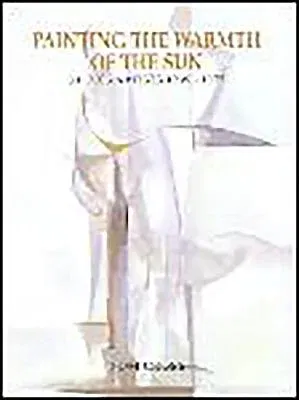Tom Cross
(Author)Painting the Warmth of the Sun: St Ives Artists 1939-1975 (Revised)Paperback - Revised, 22 November 1995

Qty
1
Turbo
Ships in 2 - 3 days
In Stock
Free Delivery
Cash on Delivery
15 Days
Free Returns
Secure Checkout

Print Length
208 pages
Language
English
Publisher
Lutterworth Press
Date Published
22 Nov 1995
ISBN-10
0718829425
ISBN-13
9780718829421
Description
Product Details
Author:
Book Edition:
Revised
Book Format:
Paperback
Country of Origin:
GB
Date Published:
22 November 1995
Dimensions:
24.64 x
18.47 x
1.32 cm
ISBN-10:
0718829425
ISBN-13:
9780718829421
Language:
English
Location:
Cambridge
Pages:
208
Publisher:
Weight:
657.71 gm